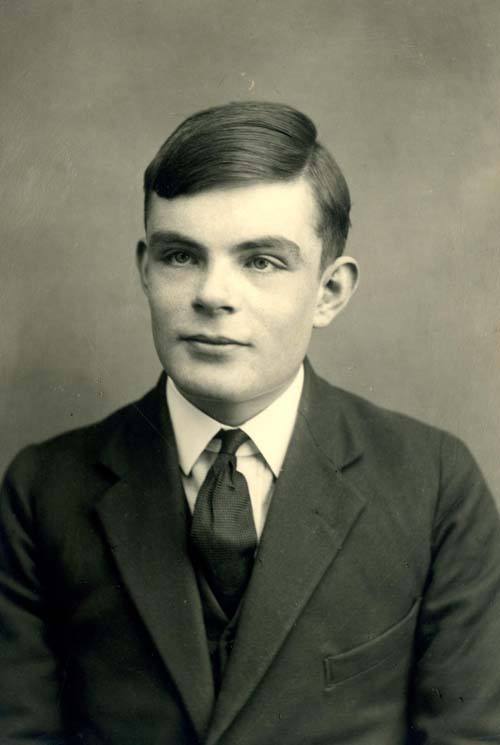
Alan Mathison Turing was a British mathematician, logician, and computer scientist. At the age of 24, he laid the theoretical foundation of computers. After World War II, he pioneered the concept of artificial intelligence and did a lot of preliminary work. Turing made a great contribution to the development of theoretical computer science. Therefore, he is widely regarded as the father of computer science and the father of artificial intelligence.
On June 23, 1912, Turing was born into a middle-class family in London. In addition to his parents, he also had an older brother. From elementary school to middle school, he showed his genius side. He was able to take the first place in every exam. The principal of the elementary school he attended admired him and called him a genius.His middle school principal also saw a genius that was different from ordinary people, A Hodges has stated in his article that Turing is a waste of time in public school, he can only aim for education in public school, and he should be a scientist.[1]In the end, he was also admitted to Cambridge University with honors.
In 1936, the 24-year-old Turing published the paper "On Computable Numbers, with an Application to the Entscheidungsproblem", which was one of Turing's most important works and laid the foundation for modern computing theory. The following year, Turing invented a computational model that can imitate human processing problems, which is later known as the Turing machine.
When World War II broke out in 1939, in order to decipher the German cryptosystem, the British army hired 60 cryptographers, and Turing was one of them. Under his overtime work day and night, he finally invented a machine that could decipher the German cipher system without sufficient intelligence, which Turing called a bomb machine. It greatly improved the speed and quality of deciphering ciphers and contributed greatly to the Allied victory in World War II. After World War II, Turing was sent to the National Physical Laboratory. During this time, Turing came up with an idea: he wanted to build a machine that could work autonomously with instructions written by humans. This idea later evolved into a computer programming technique. There is no doubt that Turing was a great scientist who made great contributions to all mankind.
- Reference:1. Alan Turing - Biography (no date) Maths History. Available at: https://mathshistory.st-andrews.ac.uk/Biographies/Turing/.